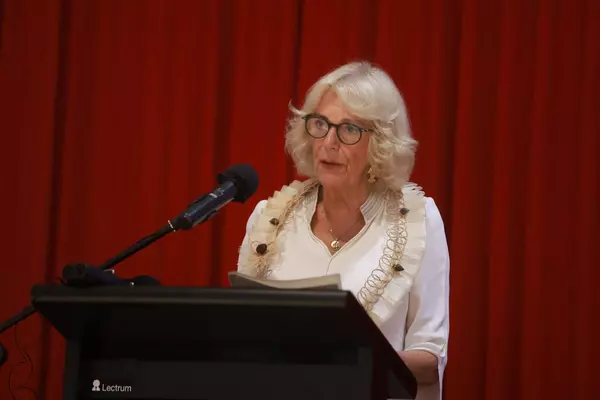A businessman whose dream of turning an historic building into flats received huge public support has been left devastated after his appeal to Scottish Ministers was thrown out.
Alexander Williamson, 74, saw the development as his "pension pot" but his plans to convert Dunbar Assembly Rooms were rejected by East Lothian Council amid concerns over parking and alterations to its roof.
He appealed to Scottish Ministers and a petition launched online by his family gathered more than 300 signatures from people backing his vision for the building.
The Category B listed 19th century assembly rooms is on Historic Environment Scotland's Buildings at Risk register with the Scottish Government Reporter acknowledging it is in a state of disrepair, adding: "without appropriate maintenance and repair the property will further deteriorate".
The basement of the building has already been converted into three flats which are in use and owned separately.
And the Reporter dismissed the appeal ruling the positive impact of turning the dilapidated upper floors of the building into flats did not outweigh concerns over parking issues and alternations to its roof.
He said: "I am not satisfied that the building is at risk of loss because its basement level is in effective use as residential flats.
"Furthermore, there are enforcement powers available to the council to require the owner to undertake the works considered reasonably necessary for its proper preservation."
Mr Williamson bought the main part of the building nearly 25 years ago when it had been granted planning consent for nine flats, however that consent ran out two years later and he has battled to try and move forward with plans for the building since them.
In the petition calling for support his family revealed he bought the building in 1997 as a pension pot, adding “aged 74 and still working – a pension is still his dream”.
East Lothian Council’s planners recommended the proposal for four flats in the building for approval when it went to the local authority’s planning committee last year but it was refused by members.
The committee raised concerns about alterations which would raise the height of the building roof and pointed to parking concerns outside the building arguing it would create congestion as there was no parking space on the site.
Upholding the decision by councillors, the Reporter said: "Taking all matters into account I do not find on balance that the positive impacts the development would have on the appearance of the conservation area, and securing a future use for the upper floors, would outweigh the adverse impacts on the special interest of the building and the road safety implications in an area identified as being problematic for parking and congestion."
A spokesperson for Mr Williamson and his family said the decision had come as a blow.
They said: "They are devastated and will need to think about a way forward."







